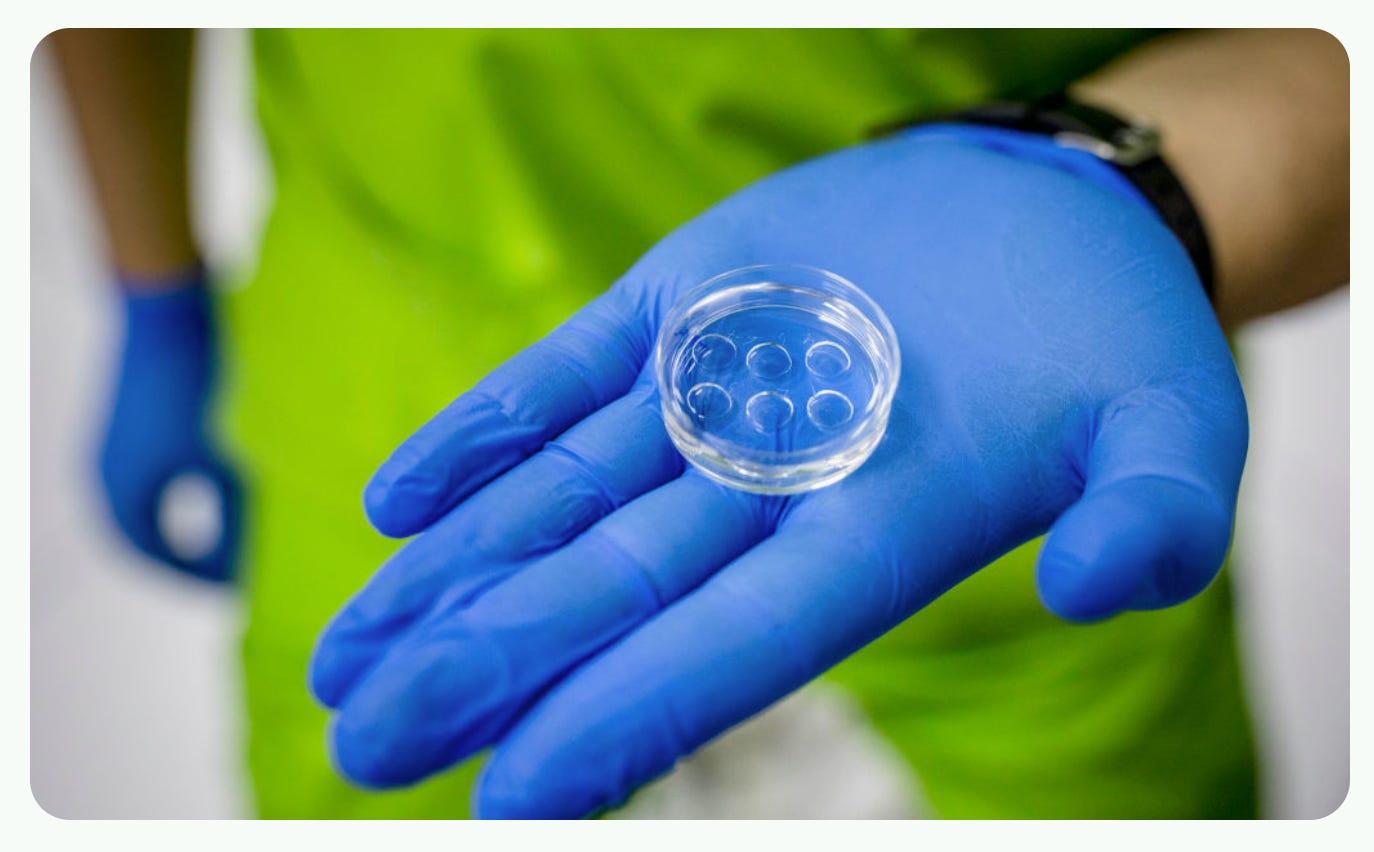This week, Vox correspondent Anna North reported on the “failed promise of egg-freezing” in a deeply researched piece exploring the high hopes and uncertain returns of this fertility preservation method.
To make a long story short: the egg-freezing industry sold women a false sense of security at a high price, with many shelling out tens of thousands of dollars in the hopes of having a child someday — but not today.
The advertising pitch for freezing your eggs is seductive: you can (and will) have everything. You don’t have to choose between having a career and having a family. You don’t have to settle for a man. One company promised that freezing eggs could “freeze time” itself.
But nothing can freeze time, and even the prospect of simply freezing eggs turned out to be more complicated in practice than in theory, as North points out: “The process can fail at many points […] the ovaries may not produce enough eggs, the eggs may not survive the freezing process, they may not fertilize properly, or the fertilized embryos may not implant in the uterus.” As a result, some women saw their investments turn to nothing and found themselves scrambling for alternatives. Some missed the opportunity to ever have the families they dreamed of having.
The rise of egg-freezing in the 2000s and early 2010s splashed across the covers of magazines, inviting women to “imagine a world in which life isn’t dictated by a biological clock”. Tech companies added egg retrieval and storage to their employee benefits packages — a coveted “perk”. Young women spoke of being “freed” from the pressure of balancing dating, work, and their aspirations for a family.
But when it comes to these kinds of stories — entrants in what we might call the “wouldn’t it be great if…?” genre — the comedown is always quieter than the run-up. Instead of cover stories, the comedown from the egg-freezing craze involved a slow accumulation of discouraging studies buried in academic journals and a quiet procession of women with disappointed hopes. “It was really positive for me,” one of the women Vox interviewed said. “Until I tried to use them.” The covergirl of Bloomberg Businessweek’s 2014 story—“Later, Baby: Will freezing eggs free your career?”— ended up with 11 unfrozen eggs and no viable pregnancy. She ended up relying on an egg donor.
Discussion about this post
No posts





In addition to the logistical problems with egg-freezing; people don’t seem to understand that having babies and small children is hard on the body physically. Pregnancy, birth and then anywhere from a few months to a few years of sleep deprivation take a toll. I’m a very fit, healthy individual but I noticed a difference even from my first baby at 31 to my last baby at 36. Thankfully, baby #3 was a reasonably good sleeper and was an overall relatively easy, non-colicky baby, unlike her elder siblings who hated sleeping and screamed inconsolably for several hours each evening. Even so, I remember thinking “geez, I am getting TOO OLD for this!” at 3 AM.
I think most of us underestimate the fact that by our 40s, we have a hard time pulling all-nighters, functioning on no sleep, and our bodies just take longer to recover in general. There’s a good evolutionary reason that fertility takes a nosedive after age 35.
The concept of putting off pregnancy, or of course puberty... the inherent lie is so obvious that you can never get that time back when it was optimal to experience those things. Why are people so willfully blind and so frustratingly stupid?